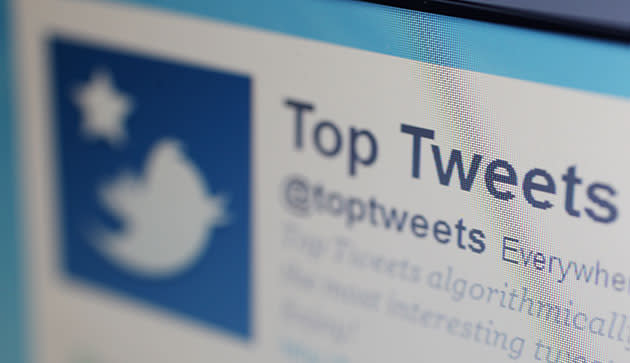 The Lookout
The LookoutTwitter reactions often don’t match national opinions: Pew study

The perception may be that the opinions posted on Twitter are representative of the overall population. The reality: not so much.
A newly released, yearlong study from the Pew Research Center reveals that the comments posted to Twitter rarely line up with opinions gauged in national polls and surveys.
The Pew study compared the responses to "eight major news events, including the outcome of the presidential election, the first presidential debate and major speeches by Barack Obama."
[Related: Who gets priority in your Facebook timeline?]
The researchers found that Twitter reactions were, by and large, more liberal and pro-Democratic in tone than the national average. That's not surprising, given Twitter appeals to younger users. But there were results that weren't so predictable. For example, Pew found that Twitter responses to Obama's second inaugural address were "not nearly as positive as public opinion."
Only two of the eight events followed by Pew—Mitt Romney's selection of Paul Ryan as his running mate and the Supreme Court's 2010 ruling on the Affordable Care Act—featured Twitter reactions that mimicked the overall public opinion. Pew writes, "Often it is the overall negativity that stands out" on Twitter.
[Related: Online baby-naming contest a hoax]
Pew writes that Twitter users aren't representative of the public at large. Also, Twitter can be used by people under the age of 18 and those who live outside the U.S.. The opinions of those demographic aren't often addressed in national surveys.
Bottom line: As Gizmodo puts it, just because you see a bunch of similar comments on Twitter regarding Topic X, that doesn't necessarily mean the rest of the nontweeting world agrees.
